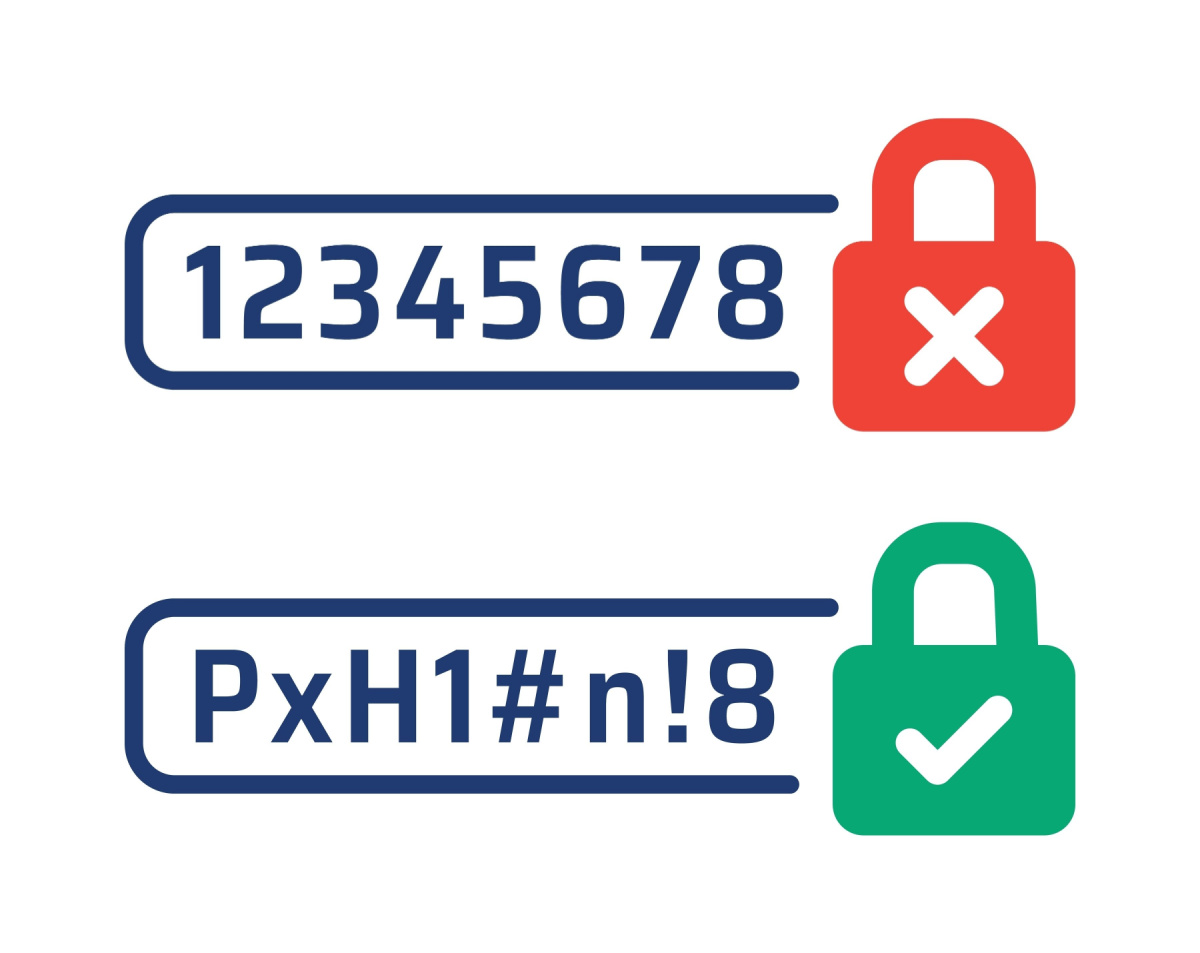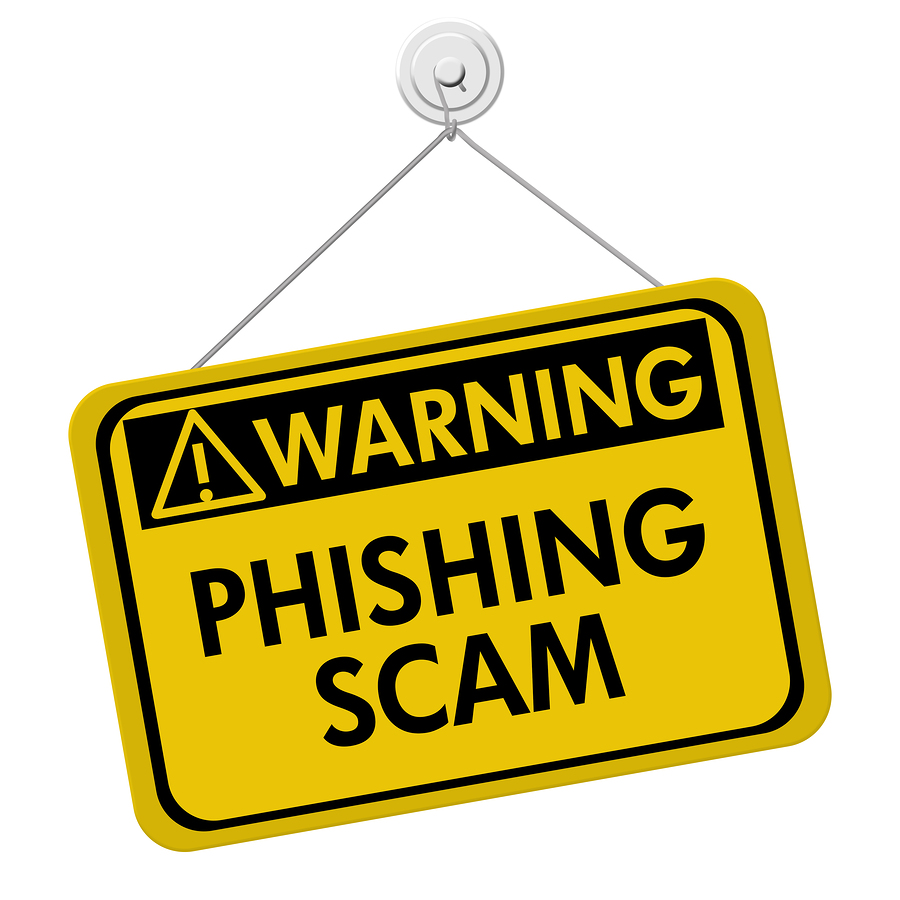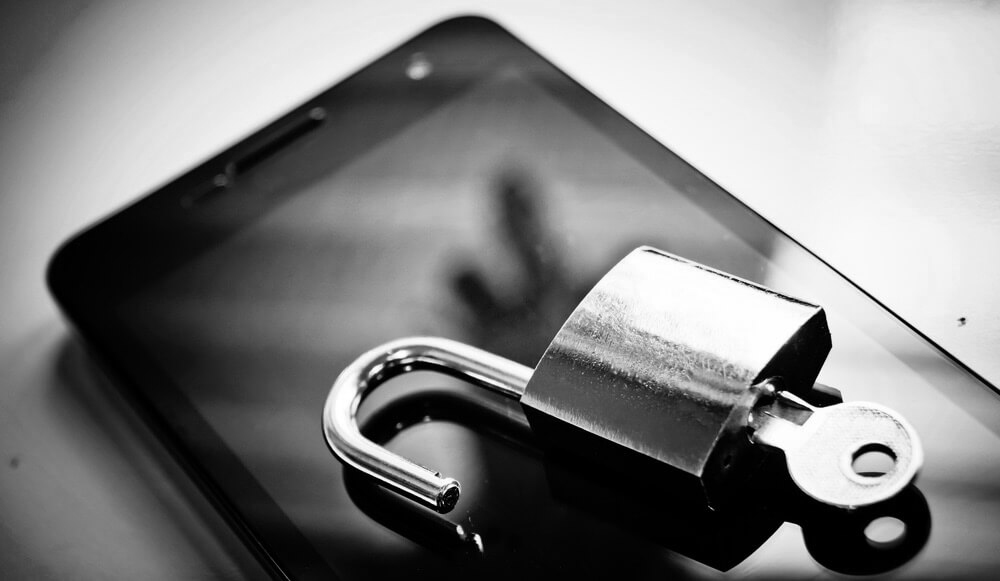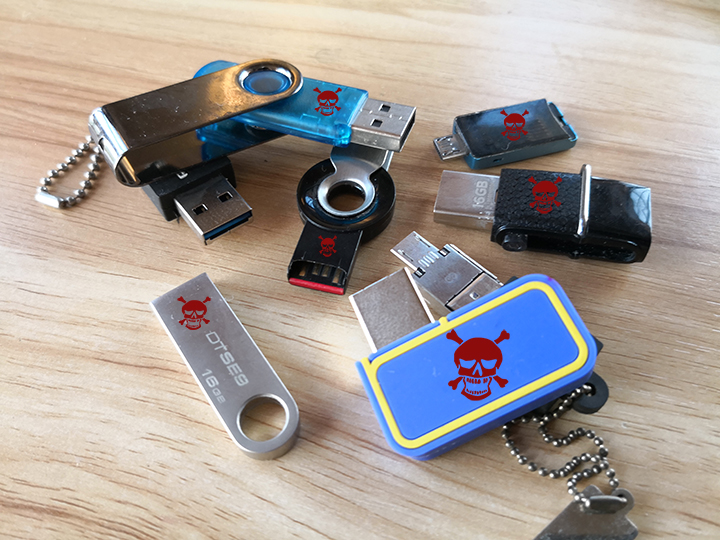In today’s digital world, cyber threats are everywhere. Hackers use various tricks to steal data, but with the right security measures, you can protect yourself. Here’s how to keep your information safe.
1. Use Strong and Unique Passwords

-
Create long passwords (at least 12 characters) with a mix of letters, numbers, and symbols.
-
Avoid using the same password for multiple accounts.
-
Use a password manager to store and generate secure passwords.
2. Enable Two-Factor Authentication (2FA)

-
Turn on 2FA for important accounts (email, banking, social media).
-
Use an authentication app like Google Authenticator instead of SMS (which can be hacked).
3. Beware of Phishing Scams

-
Don’t click on suspicious email links or attachments.
-
Check sender details carefully—hackers often impersonate trusted brands.
-
If unsure, visit the website directly instead of clicking the link.
4. Keep Your Software Updated
-
Install the latest updates for your OS, browsers, and apps—they fix security vulnerabilities.
-
Enable automatic updates when possible.
-
Keep your antivirus software up to date.
5. Use Secure Wi-Fi & VPN
-
Avoid public Wi-Fi without a VPN (Virtual Private Network).
-
Change your home router’s default password and enable WPA3 encryption.
-
Turn off Wi-Fi when not in use to prevent attacks.
6. Be Cautious with Downloads & Links
-
Only download software from official websites or app stores.
-
Avoid free movie/music download sites—they often contain malware.
-
Use browser extensions like HTTPS Everywhere for secure connections.
7. Secure Your Social Media Accounts
-
Set profiles to private and limit personal info you share.
-
Don’t accept friend requests from strangers.
-
Use unique passwords for each social media platform.
8. Backup Your Data Regularly
-
Use cloud storage (Google Drive, OneDrive) and external hard drives.
-
Set up automatic backups to avoid losing important files.
9. Protect Your Mobile Devices

-
Lock your phone with a strong passcode or biometric security.
-
Only install apps from official stores (Google Play, Apple App Store).
-
Avoid storing sensitive data (like passwords) in plain text.
10. Be Wary of USB Devices

-
Don’t plug in unknown USB drives—they might contain malware.
-
Use encrypted USB drives for sensitive files.
